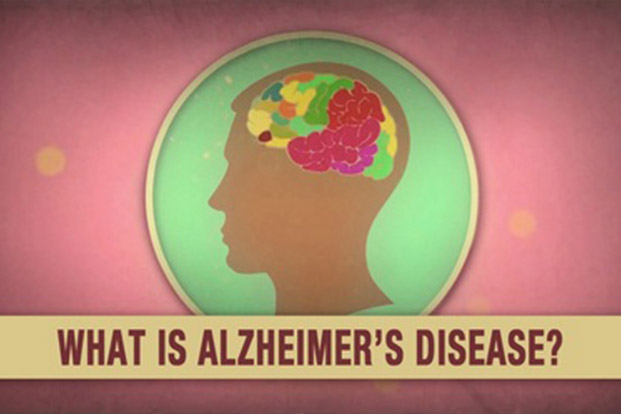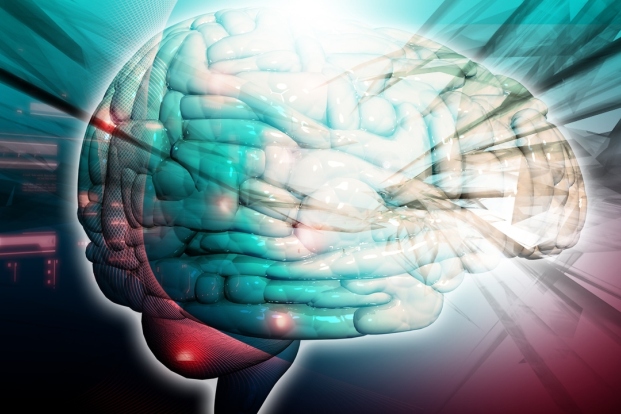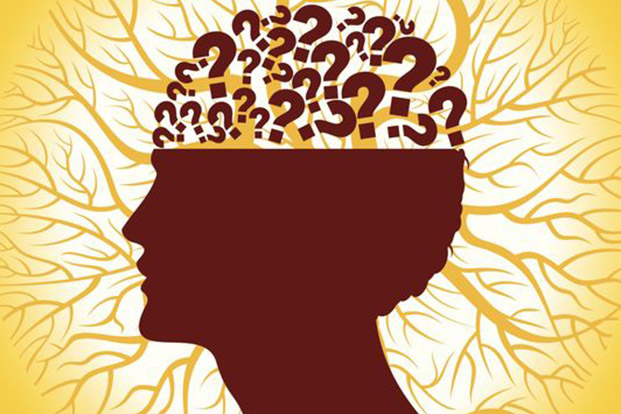Categories
- Bariatric Surgery (11)
- Black Fungus (5)
- Bone Marrow transplant (3)
- Brain Tumor Surgery Navigation Technology (20)
- Cardiac Surgery (66)
- Cardiology (97)
- Computer navigation technology for joint replacements (20)
- Covid Vaccination (17)
- Critical Care (2)
- Dental (19)
- Dermatology (31)
- Dialysis Support Group - “UTSAAH” (11)
- Dietitian (33)
- Emergency Medicine (4)
- Emotional Health (11)
- Endocrinology (33)
- ENT (20)
- Gastroenterology and GI Surgery (53)
- General and Laparoscopic Surgery (21)
- General Surgery (4)
- Gynecology & Obstetrics (183)
- Hematology (20)
- Internal Medicine (294)
- Kidney Transplant (50)
- Kidney Transplantation (20)
- Lung Cancer (8)
- Minimal Invasive Surgery (1)
- Mother & Child (20)
- mucormycosis (5)
- Nephrology (61)
- Neurology (147)
- Neurosurgery (68)
- Nutrition and Dietetics (107)
- Omicron Variant (1)
- Oncology (288)
- Ophthalmology (10)
- Orthopaedics & Joint Replacement (86)
- Paediatrics (59)
- Pediatric Nephrology (3)
- Physiotherapy (5)
- Plastic & Reconstructive Surgery (6)
- Psychiatry and Psychology (90)
- Psychologist (28)
- Pulmonology (72)
- Rheumatology (13)
- Spine Services (21)
- Transradial Angioplasty (16)
- Urology (84)
Query Form
Posted on Apr 19, 2022
Is Alzheimer Disease a New Disease in India?
Alzheimer’s disease is definitely an old disease in India and the same is well documented in our scriptures. Alzheimer disease was known to ancient Ayurvedic physicians as early as 800 BC. They called it as ‘Smriti Bransh’, which is a Sanskrit term for loss of intellect. Other terms commonly used in India are ‘Sathiya gaya’ (turned 60) or ‘Satara batra’ (tuned 70). However, these terms are only used for older people who show signs of intellectual decline but not for healthy adults. It should be noted, that Dr. Alois Alzheimer, a German physician, described a patient of Dementia only in 1909 and the disease is named after him. Thus medical knowledge in India long predates western knowledge.
Alzheimer’s Disease Lacks Awareness & Acceptability:
A minor decline in intellectual activity capability with advancing years occurs in most people. However, even when this progresses to the point of severe intellectual loss, clearly indicating a disease process, the family continues to accept it as a part of the ageing process and does not take their loved one a doctor.
There is a sense of fatalism and acceptance of ill-health in old age in some communities. This is detrimental to the patients, as it deprives them of medical care, as well as to the family, as it suffers the consequences of a family member’s disease. It is important to consult a doctor whenever significant signs of loss of brain function are noted by the family. Doctors can do a lot to make the patient and the family manage the disease comfortably.

Signs and Symptoms of Alzheimer ’s disease:
Alzheimer’s affects a patient in many ways and the affects can mainly be seen in brain processing, activity, cognitive ability and memory.
Following are 10 signs that highlight Alzheimer’s:
- Memory becomes affected and the patient is not able to remember simple and important aspects associated with life.
- Tying a lace or doing something complicated becomes a challenge for them. Simple tasks also start appearing to be complicated to them.
- They have difficulty in completing routine jobs.
- Difficulty in reading or writing.
- Decreased or poor judgment.
- Mood swings and personality changes.
- Withdrawal from the social circle.
- Losing track of time and date.
- Misplacing things and not remembering them.



